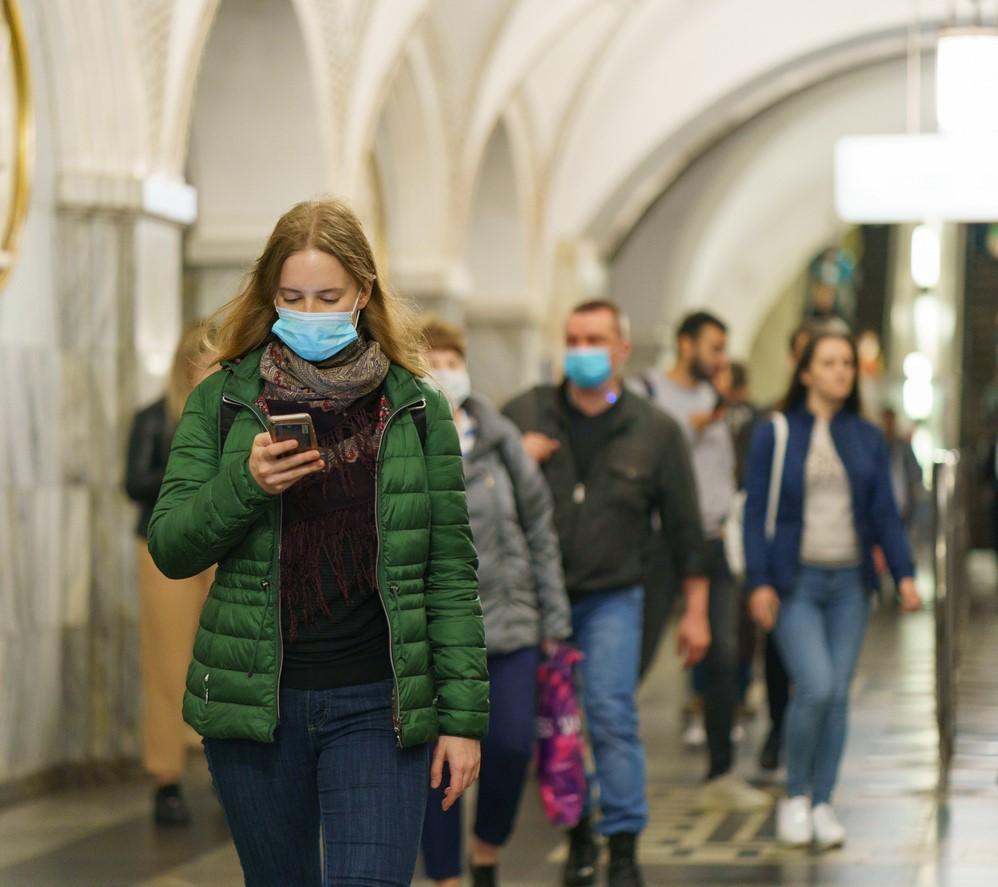A steady fall in COVID-19 cases under way since August shows signs of stabilizing, reflecting an activity rise in Europe against the backdrop of decreases in other world regions, the World Health Organization (WHO) said yesterday in its latest weekly pandemic update.
Overall, the drops in cases and deaths were small compared to the previous week: 4% for cases and 2% for deaths. For the third week in a row, illness numbers in Europe rose, with a 7% jump last week.
Hot spots remain in multiple countries
Maria Van Kerkhove, PhD, the WHO's technical lead for COVID-19, said on Twitter yesterday that though global trends continue to decline, significant circulation is still under way in some countries in all six world regions. "Far far too many cases and deaths being reported when we have tools to prevent them," she added.
The two regions reporting the highest case and death incidences include Europe and the Americas. The five countries that reported the most cases are the United States, the United Kingdom, Russia, Turkey, and India.
Three more countries confirmed the Delta (B1617.2) variant for the first time, bringing the number to 193. Though Delta has outcompeted other variants in many countries, the WHO said there are subregional and country differences. It added that the most notable example in some South American countries where Delta's expansion has been more gradual and where the variants Gamma (P1) and Mu (B1612) still make up a large portion of sequenced samples.
At a WHO Pan American Health Organization (PAHO) briefing today, its director, Carissa Etienne, MBBS, said though overall cases in the region are declining, officials are watching a number of hot spots, with hospitalizations rising in eastern Canada and deaths increasing in Mexico. She said the situation is more severe in the Caribbean, with the Dominican Republic and Barbados reporting a 40% jump in cases over the past week.
Though illness levels are declining in most of South America, Bolivia and Venezuela are reporting a rise in new infections, Etienne said.
More global headlines
- The Bill & Melinda Gates Foundation yesterday announced that it would commit up to $120 million to speed access to the new antiviral drug molnupiravir for lower-income countries. In a statement, the group said the funding would support steps to develop and make a generic version of the drug, which is being developed by Merck and Ridgeback Biotherapeutics.
- With Russia's cases and deaths surging, President Vladimir Putin has agreed to a week-long workplace shutdown slated to begin at the start of November, according to Reuters.
- Poland is among the European countries reporting a new wave of cases, with 5,559 cases reported today, the most since early May, according to a Polish media report. Levels are highest in the eastern province Lubelskie, which has one of the country's lowest vaccination uptake.
- In the United Kingdom, where cases are rising, Andrew Pollard, MD, who leads the Oxford Vaccine Group, said the Delta subvariant AY.4.2 should be monitored but isn't likely to change the country's COVID-19 picture, according to Reuters. In a related development, Israel has reported its first detection of the subvariant, which involves a child who recently arrived from Moldovia, according to the Washington Post.
- Though most of Southeast Asia's recent hot spots are reporting steady declines in cases, Singapore's cases are rising, which prompted the government to extend COVID-19 measures another month to ease the burden on the health system.
- The global total today climbed to 241,882,492 cases, and 4,918,709 people have died from their infections, according to the Johns Hopkins online dashboard.





















